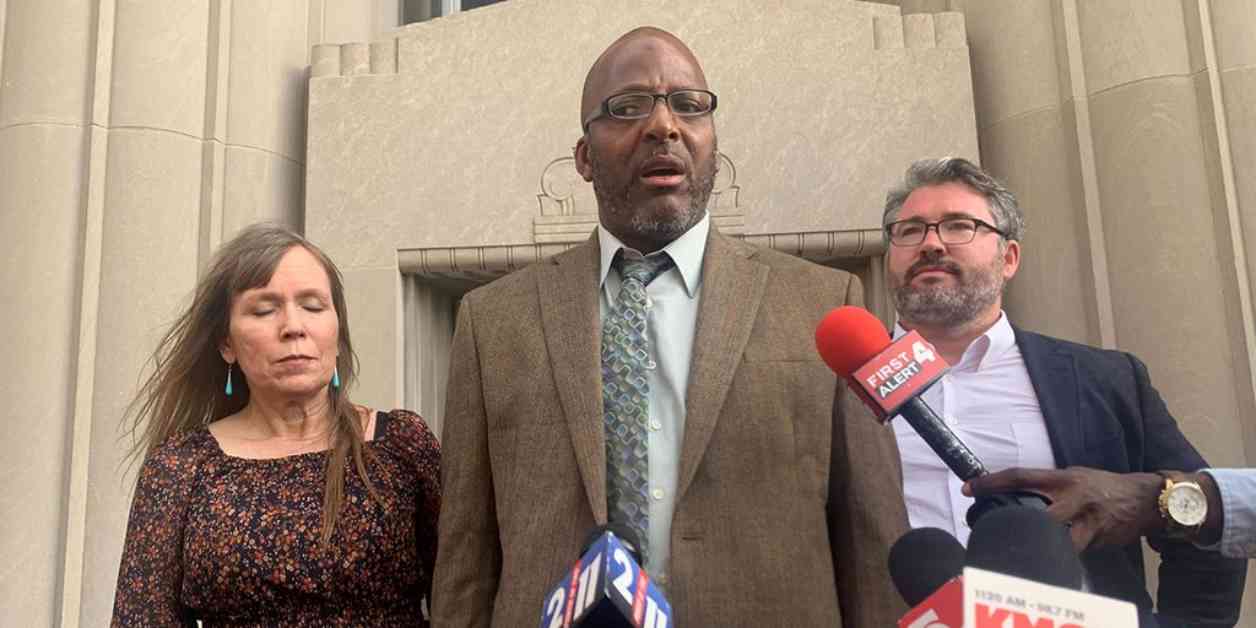A Missouri man named Christopher Dunn was released from prison after 34 years behind bars when his murder conviction was overturned. Despite the state attorney general’s efforts to keep him imprisoned, Dunn was finally reunited with his wife, Kira Dunn, upon his release. Dunn expressed his gratitude for his family’s unwavering support during his time in prison and emphasized the importance of never giving up hope.
The delay in Dunn’s release was attributed to Missouri Attorney General Andrew Bailey’s appeal to keep him incarcerated, despite a circuit judge overturning his conviction and ordering immediate release. This situation echoed another recent case where Sandra Hemme was freed after serving 43 years for a murder, with Bailey opposing her release as well.
Political analysts and attorneys speculated that Bailey’s actions were politically motivated, aiming to secure votes in an upcoming Republican primary. The Missouri Supreme Court’s involvement in Dunn’s case further complicated his release, with the requirement for confirmation from the St. Louis circuit attorney that there would be no retrial.
Advocacy groups, including the Midwest Innocence Project, welcomed Dunn’s release, highlighting the importance of supporting individuals wrongfully convicted. However, leaders of the Missouri NAACP and other organizations criticized Bailey’s actions, alleging political motives and racism behind his efforts to keep Dunn incarcerated.
Dunn’s conviction was based on the 1990 shooting of 15-year-old Ricco Rogers, with new evidence emerging that cast doubt on his guilt. The Missouri Attorney General’s Office opposed vacating Dunn’s conviction, citing initial testimonies from witnesses who later recanted their statements.
The case of Marcellus Williams, facing a similar challenge to his conviction, was also highlighted, underscoring the continued struggle for justice in wrongful conviction cases. The upcoming hearing for Williams and his potential execution date underscored the urgency of addressing wrongful convictions in the criminal justice system.
Bailey’s office’s stance against vacating convictions in cases like Dunn’s and Williams’ raised concerns about the pursuit of justice and the impact on individuals wrongfully imprisoned. The legal battles surrounding these cases shed light on systemic issues within the justice system and the need for reforms to prevent future miscarriages of justice.


